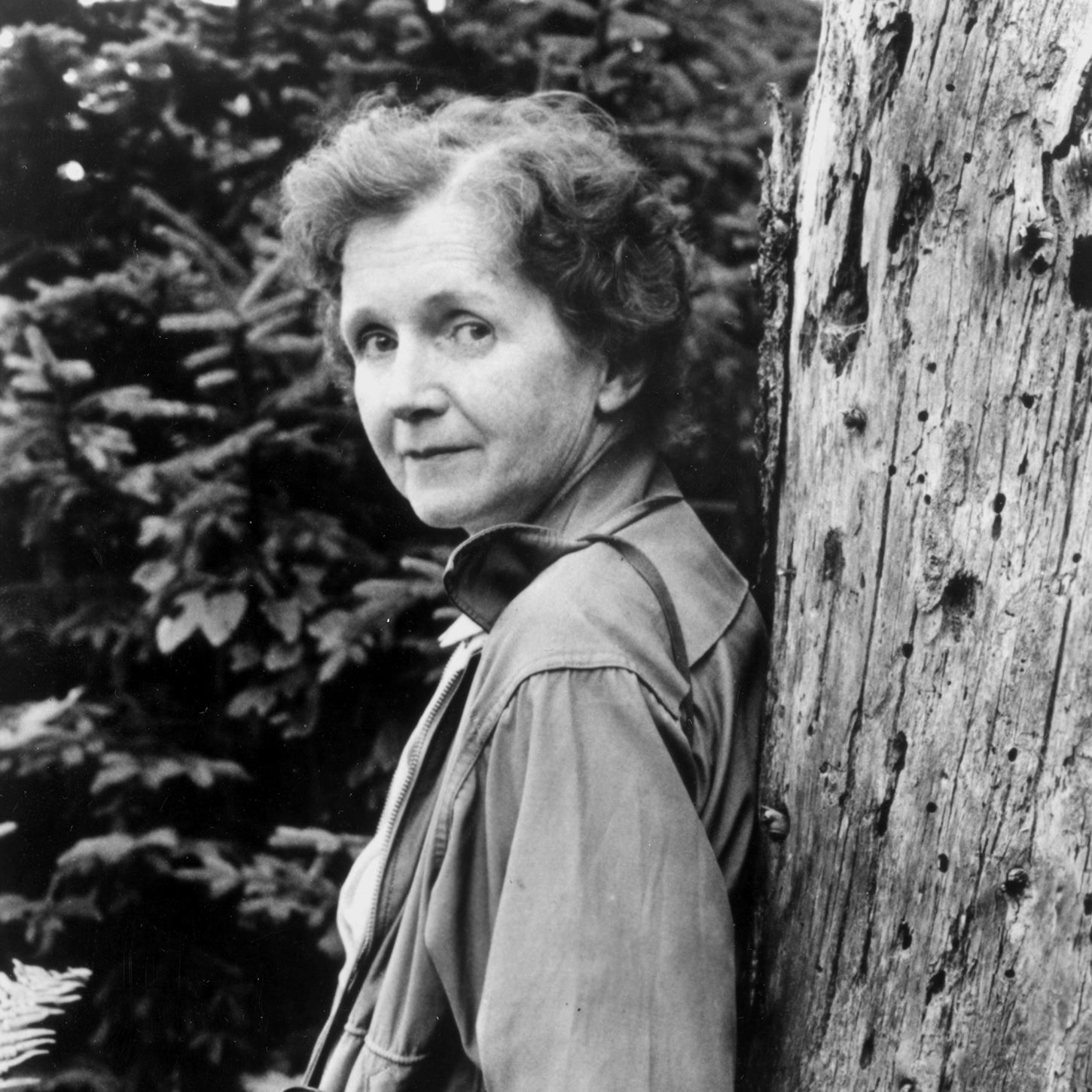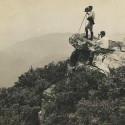Rachel Carson’s “Silent Spring” has become required reading for schoolchildren throughout the U.S., and for good reason: Its observations on the effects of DDT on songbirds yielded a turning point in the environmental movement, forever shaping the public’s understanding of chemicals and the regrettable permissibility of many government regulations. The outcry following the publication of her best-known book led to the banning of DDT and other pesticides, and it launched a grassroots movement that ultimately led to the development of U.S. Environmental Protection Agency.
Perhaps her most significant legacy was that she encouraged readers to think about the effects of progress and development rather than continually plunging forward without taking time to consider unintended results of these actions.



